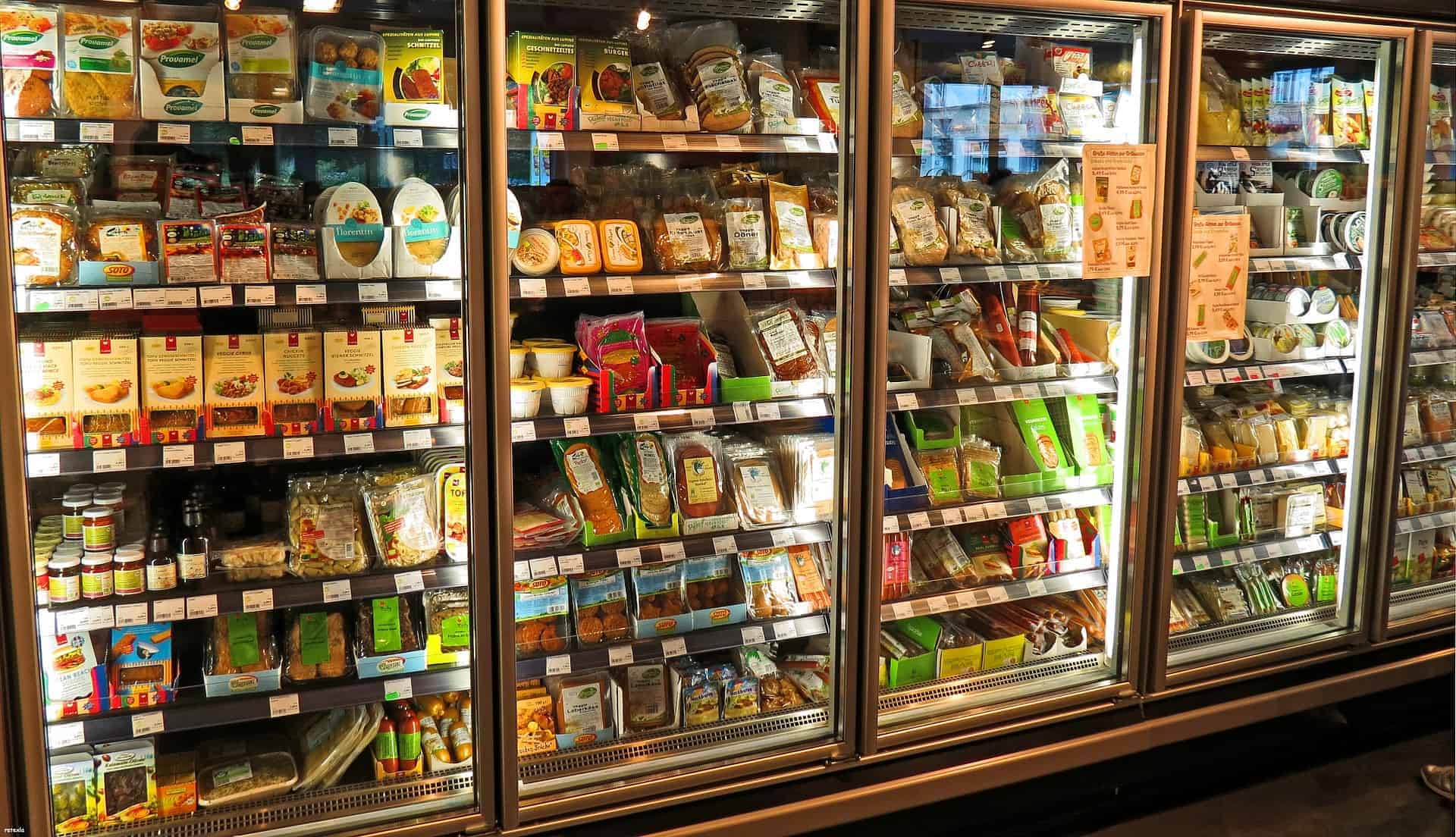There are many things you can do do reduce your waste production – here are a few tips to help you to reduce household food waste. It is estimated that approximately a third of all food produced for humans worldwide, is wasted. To produce this food, the earth’s resource, including land and water is drained. It is vital for both households and businesses to attempt to reduce the volume of food they waste. This can be achieved quite easily, by making a few adjustments to your behaviours, find them out in our latest blog!
Prepare Before Shopping
One of the main reasons food is wasted within the home is because people go shopping without having prepared or thought through what they require. This avenue of waste can be simply and easily avoided. Before you head to the supermarket or shop, consider what you would like to eat that week, including breakfast, lunch, dinner and any snacks. Create a meal plan and jot down the ingredients you need, following a thorough check of what you already have. This method of food shopping also reduces the likelihood of any impulse buys, which ultimately, will save you money in the long run!
Only Buy What You Need
Before heading to the shop and while you are creating your meal plan, it is vital that you thoroughly check your cupboards, fridge and freezer to help you determine what you already have and what you need. This also gives you the opportunity to check the use by dates and whether or not you have anything stored that needs using up in the next couple of days. By doing this, you’ll avoid purchasing perishables you already have, which in the long run, reduces your household food waste.
Make Something of Leftovers
Get inventive and become the kings and queens of leftovers! Carbohydrates such as rice, potato and pasta can all be remade into another delicious dinner! Rice burgers or potato hash anyone? Avoid throwing away any food that is surplus following your lunch or dinner; it can always be used in something else, consider it a fusion style of cooking!
Consider How Big Your Household is
Although there are savings to be made by buying family packs or bulk buys, if there is only two or three of you in the household, this savings and the extra food is highly likely to go to waste! As tempting as a bargain may be, consider realistically how much one person can eat and how quickly the food is expected to go off.
Use Up Food Before It Expires
This may seem obvious, but all too often people have something at the back of the fridge or the depths of the cupboard that will remain there until it expires. We all like to eat food when it’s fresh, and it can often be off-putting to create something with ingredients that have sat there for more than a day or two, but, they are still perfectly okay to eat. Check expiry dates, but also use your senses too, if the item smells and looks okay, it is highly likely to be still edible.
If you have food in storage that is beginning to look a little worse for wear, be sure to eat that before the fresher items to avoid wasting it.
Record Your Food Wastage
Recording how much food you waste over a two-week period is often the push many people need to begin reducing what they throw away in their household. A large proportion of a household’s income is spent on food, and an incomprehensible volume is then thrown away. By recording your food waste, you will establish whether you are buying too much of something, cooking too much or it is a product that your family simply no longer enjoy.
Utilise Your Freezer
A wide variety of fresh items can, in fact, be frozen. If you have something that is going out of date, yet you don’t think you will be able to use it before it perishes, chop up the item, store it in a container and place it in your freezer. Vegetables, fruit, spices, cheese and other diary, meat and seafood and baked items will also be perfectly fine to consume following time in the freezer.
Buy Wrapped Items
Plastic wraps, such as polyolefin shrink film ensures the longevity of a perishable food item. It reduces exposure to oxygen and external contaminants which can promote and increase the life of the produce enclosed. Purchasing food that is wrapped in plastic and leaving the item within the plastic until you are ready to use it, reduces food waste by preventing the enclosed item from ‘going-off’.
Do you have any tips for reducing food waste in your household? We would love to hear about them via our social media channels – get in touch today!


